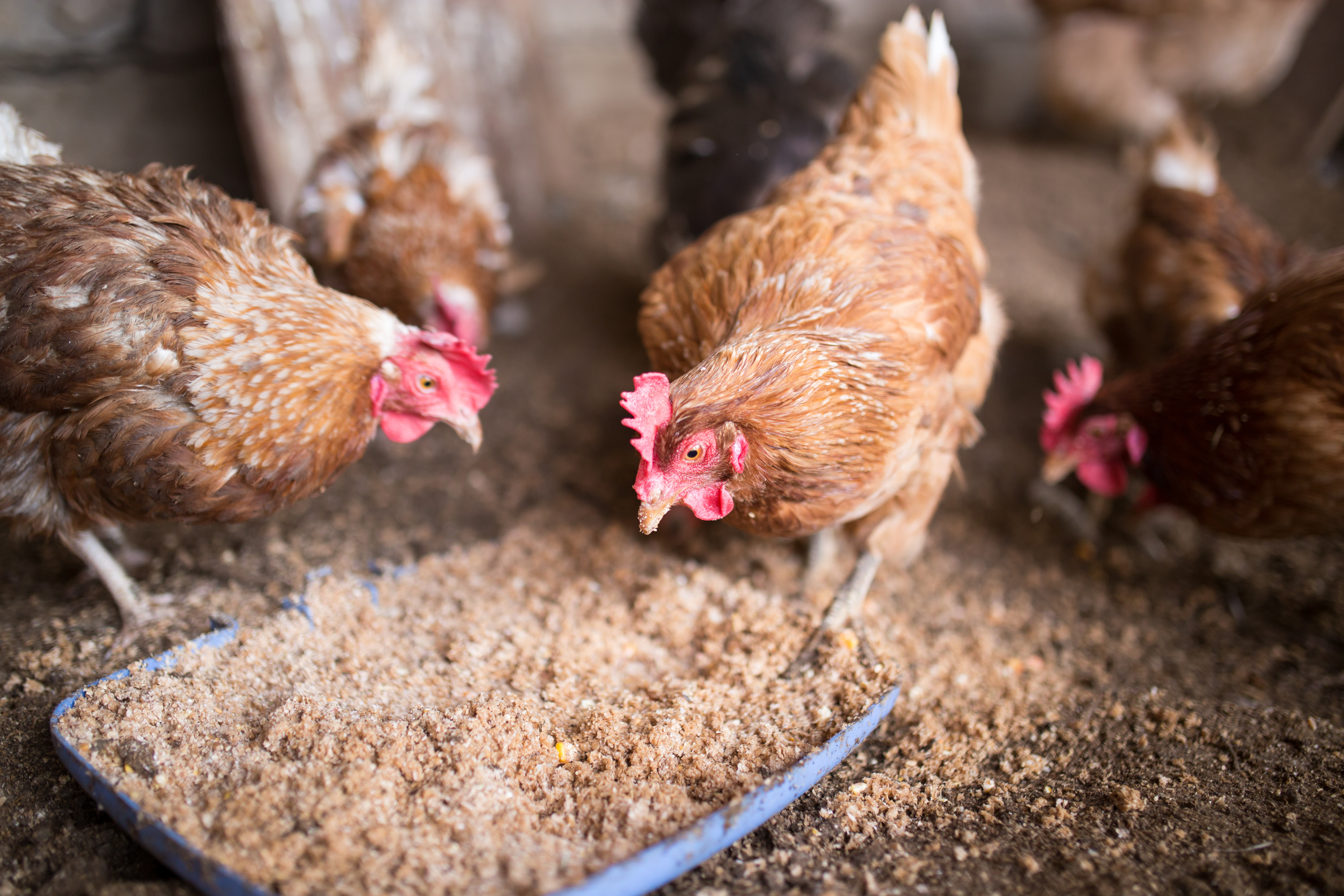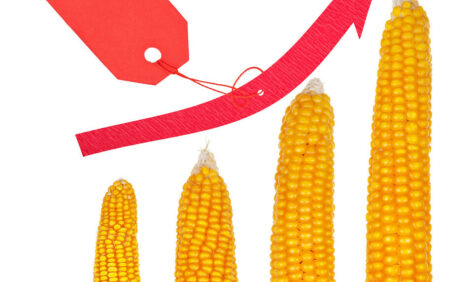



Cargill recalls animal feed over grain toxin concerns
Cargill has issued a voluntary recall of nearly 150 tonnes of animal feed, a spokeswoman said on Tuesday, after North Carolina regulators found aflatoxin in a testing sample.Aflatoxin is a byproduct of a mold that typically flourishes in corn or other grains in dry conditions, and can be harmful or even fatal to livestock. The toxin became a serious problem for the grain industry eight years ago, when a historic drought in the US Midwest put everyone from farmers to grain handlers and food industry officials on high alert.
Cargill said to Reuters that it first learned about the problem in its products after the North Carolina Department of Agriculture alerted the company that test results showed a single lot of feed product contained elevated levels of aflatoxin.
The affected products are from Cargill’s Southern States feed line, and were made at its facility in Cleveland, North Carolina. The products included feed for poultry, beef and dairy cattle, sheep, goats and equine.

Altogether, Cargill said it recalled 4,971 bags of the feed, mostly in 50 pound bags, and 25 bulk tonnes. Cargill gave no dollar value for the recalled product.
“The root cause was identified as a corn supplier to our Cleveland, NC facility, with whom we have changed our internal testing protocol,” company spokeswoman April Nelson told Reuters.
Cargill is working with the supplier to understand the source of the mold, Nelson said, and is now sourcing corn from other suppliers.
There have been no reports of adverse health effects to animals that consumed the products, Cargill said in a statement. Cargill issued a press release outlining the situation late on Monday, at the request of the US Food and Drug Administration, Nelson said.
The products were pulled from retail outlets and distributors in the Georgia, Maryland, New Jersey, New York, North Carolina, Pennsylvania, South Carolina, Virginia, and West Virginia markets and removed from retail shelves throughout February, March, and April.
All product has been pulled at this point, and retailers have been issued credit for their disposed inventory, Cargill said.










